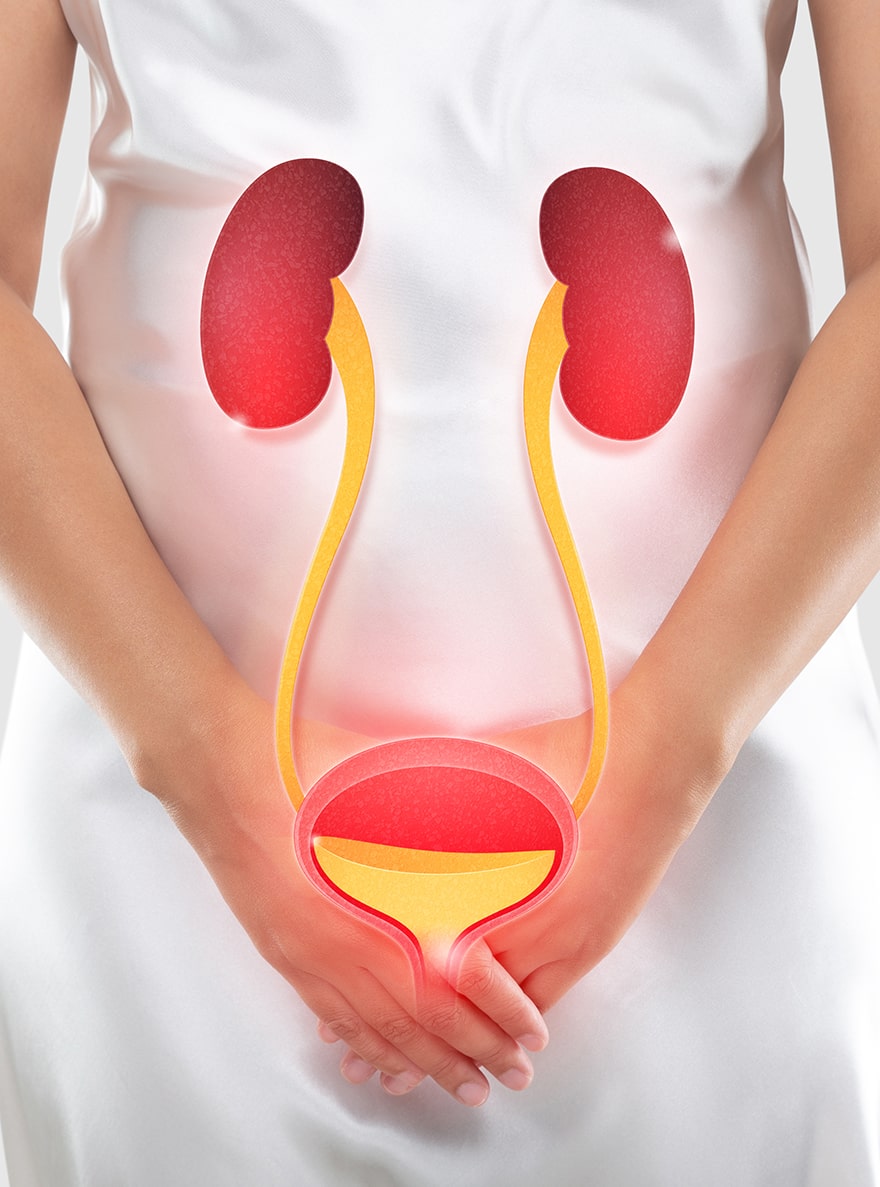1. What are the main factors for the development of the disease?
One of the main factors is smoking. Because of this, smokers are more prone to developing bladder cancer. The use of medications such as cyclophosphamide, as well as contact with the substances aristolochic acid, chlornafazine and phenacetin, can also lead to the appearance of the disease itself. In people without concomitant genetic diseases, such as Lynch syndrome, there is no clear information on whether genetics are among the factors in the development of bladder cancer.
2. How can a patient notice the appearance of bladder cancer?
The presence of blood in the urine is among the main signs of the disease and it is necessary to seek medical advice. It is advisable to appoint urological examinations, since there are cases in which blood in the urine is not clearly visible at first. When bladder cancer is suspected, cystoscopy is performed, as well as urine cytology. An examination of the shape and characteristics of the red blood cells (erythrocyte morphology) is also performed.
3. What is the main approach to treat the disease?
A biopsy is needed to determine the stage of the cancer, as well as the aggressiveness and extent of the disease itself. After this type of intervention, further steps can be taken to establish the appropriate treatment for the patient.
4. What is the prognosis for survival in patients with bladder cancer?
Early diagnosis of the disease is essential for treatment success and patient survival, but no exact answer can be provided. Survival in this type of cancer depends on various factors, including the stage of the cancer and its aggressiveness. In the presence of blood in the urine, it is extremely important to seek timely medical intervention.
5. Is prevention possible?
Currently, there is no accurate and clear evidence-based information that provides a clear answer for bladder cancer prevention. However, it is essential that the patient is not exposed to the additional risk factors responsible for the development of the disease mentioned above.










